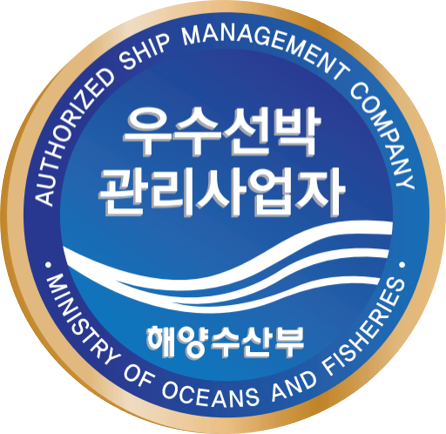OCIMF launched guidance to integrate human factors in management syste…
페이지 정보
작성자 최고관리자 댓글 0건 조회 821회 작성일 21-10-19 09:46본문
OCIMF launched guidance to integrate human factors in management systems
by The Editorial Team
Human Factors: Management and Self Assessment aims to help companies and leadership teams address the conditions and systems that influence human actions and decisions, and so promote safety and excellence across all operations.
OCIMF Managing Director Rob Drysdale, stated:
Human Factors is an integral part of the OCIMF strategy. It is a key enabler to further reduce safety, environment, security and health impacts within our industry. That means that it has to be part of any management system. However, a Human Factors element cannot be implemented overnight – it takes time for companies to become familiar with the concepts and understand how to apply them practically
The role of leadership
Proper leadership is the key factor to drive a company’s culture. The sort of leadership that can have a positive influence are:
- Actively promoting speaking up;
- Respectfully listening to concerns from people of at all levels;
- Encourage everybody to feel empowered to intervene;
- Reward continuous improvement;
- Respond in way that values learning in case of a mistake, rather than blame.
Well-executed tasks
Understanding and tackling underlying conditions and hard to use systems that can lead to human error, the likelihood of incidents reduces.
For this reason, the human factors development plan should:
- Identify which tasks are safety critical;
- Can all personnel operate it without error?
- Is the equipment reliable and simple for maintenance?
- Is it in the proper place and easy to get at?
- Does it make allowances for human faculties and the ways people prefer to work?
- Is there a new or alternative equipment that would be better?
Skills for emerging situations
The ability to adapt and respond well during emergency situations gives a better chance of maintaining safe operations.
The human factors development plan should address questions such as:
- What skills are needed to respond to unexpected situations?
- Is the workforce prepared to recognize unexpected situations?
- How do we maintain skills over time?
- Can we effectively gauge how different situations may affect a task?
- Are staff trained to keep track of stress and fatigue?
Learning when things go wrong
The workforce should learn from the things that go wrong, and correct them in the future. The human factors development plan should address questions such as:
- How accurate is the information collected on incidents?
- Are the resources available to investigate incidents properly?
- Do investigations looke beyond human error?
- Are processes in place to spot potential failures?
- Are personnel routinely involved in identifying potential risks?
KPI summary
The table that follows describes the key performance indicators (KPIs), relating to human factors, grouped as:
- Policy;
- Capability;
- Desing and execution;
- Skills;
- Learning.
 Credit:
OCIMF
Credit:
OCIMF
첨부파일
- OCIMF-Human Factors Management and Self-Assessment-2021.10.pdf (158.3K) 0회 다운로드 | DATE : 2021-10-19 09:46:23




